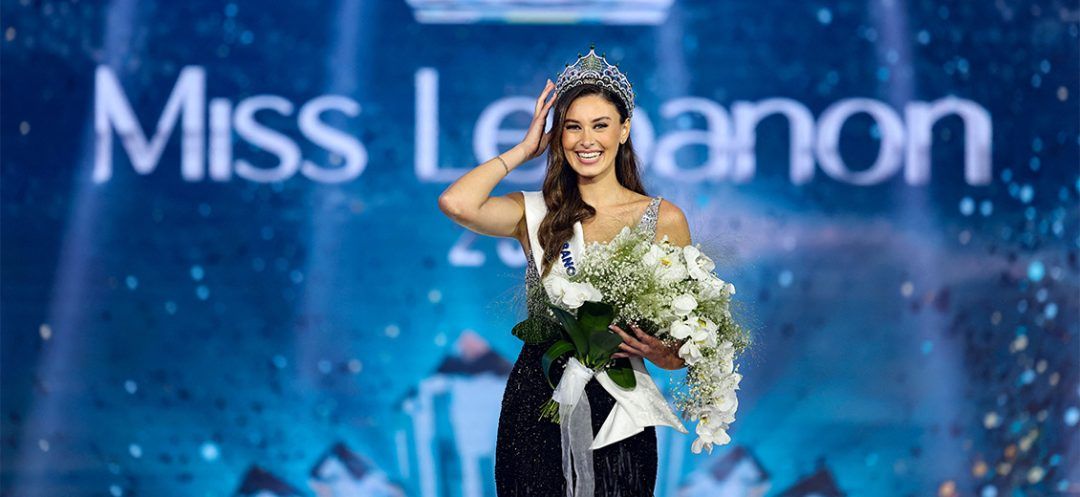
In recent years, the world has undergone significant changes with evolving mindsets and shifting concepts. One of the most notable shifts lies in the perception of beauty pageants and their overall approach regarding women. These beauty contests are increasingly criticized for objectifying women and reducing their worth to mere physical appearance. This perspective implies that beauty and related attributes should conform to societal standards, leading to the marginalization of women who do not meet these imposed criteria.
This topic resurfaces on a yearly basis with the Miss Lebanon pageant, especially since last year was particularly exceptional for Lebanon. In fact, Miss Lebanon, Yasmina Zaitoun, secured second place in the Miss World competition, marking the highest position Lebanon has ever achieved in this specific beauty contest.
This year, the debate was intensified by Nour Arida, a member of the judging panel. The well-known model decided to award the highest possible score to all the contestants. Her decision aimed to challenge the conventional evaluation of beauty and to underscore that each contestant has unique qualities that defy comparison.
Nour Arida’s decision sparked considerable criticism, as awarding the same score to all contestants undermines the competitive nature of the event. This raises the question of who would be deemed the winner. Arida might have avoided this issue by opting out of the panel, given that her role was to serve as a judge.
Regardless of Nour Arida's decision, is it time to reconsider the concept of beauty pageants altogether? The urge to redefine concepts and political correctness may influence some to support this idea, but truthfully, the issue shouldn’t receive this degree of attention. While everyone has their own unique beauty, common standards of beauty often prevail in public perception. Some individuals can be described as kings and queens given their regal allure, divine charm and exceptional ability to captivate. This is an undeniable truth.
If beauty pageants are being held worldwide and contestants compete in international events, can we really be more Catholic than the pope and argue that such competitions are unsuitable for women? No one is forcing women to enter these pageants. In fact, for many of these contestants, these beauty contests are similar to living out a princess’s dream as it reflects their aspirations and ambitions.
Women have the right to express their beauty and confidence in ways they deem appropriate. If we are committed to respecting women and their choices, we must also honor their choices, including the decision of whether to participate in a pageant or not.
Dynamically evolving contemporary concepts do not render all prior ideas obsolete. This discussion is not about racism or any type of discrimination but about perceptions of beauty—an inherently subjective matter. While opinions on beauty can vary, this diversity is both intriguing and positive. When beauty pageants take on national significance in global competitions, they are not fundamentally any different from other crucial matters. A straightforward perspective on the issue makes it that much easier to resolve.
Read more



Comments